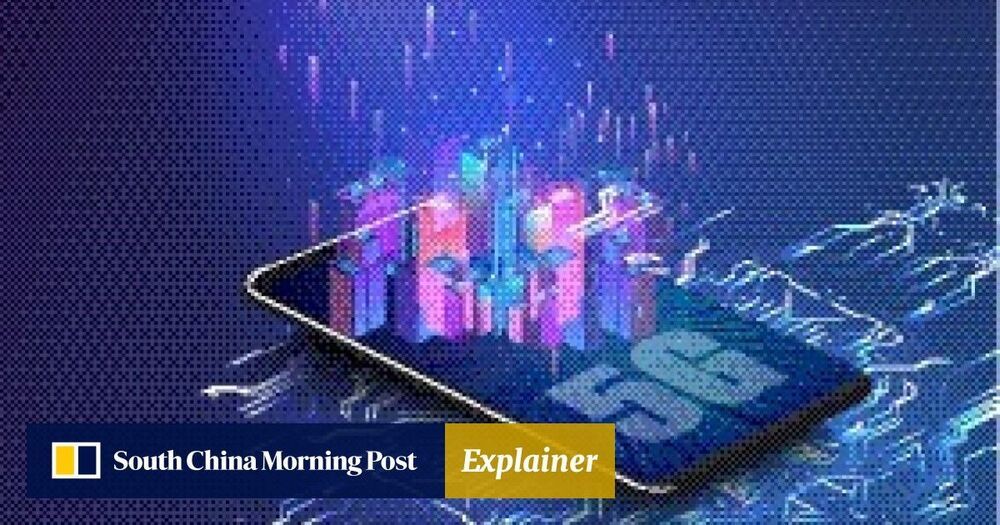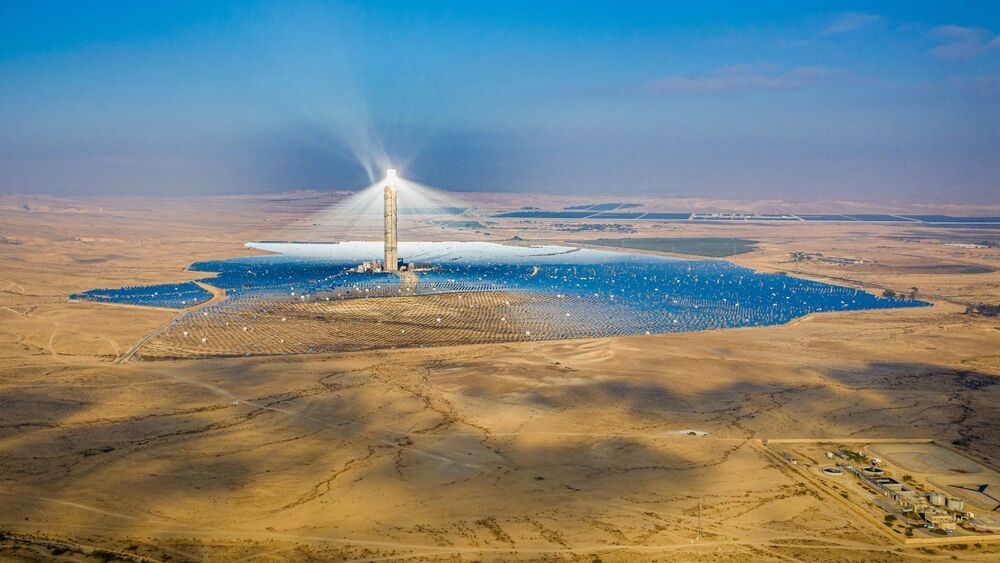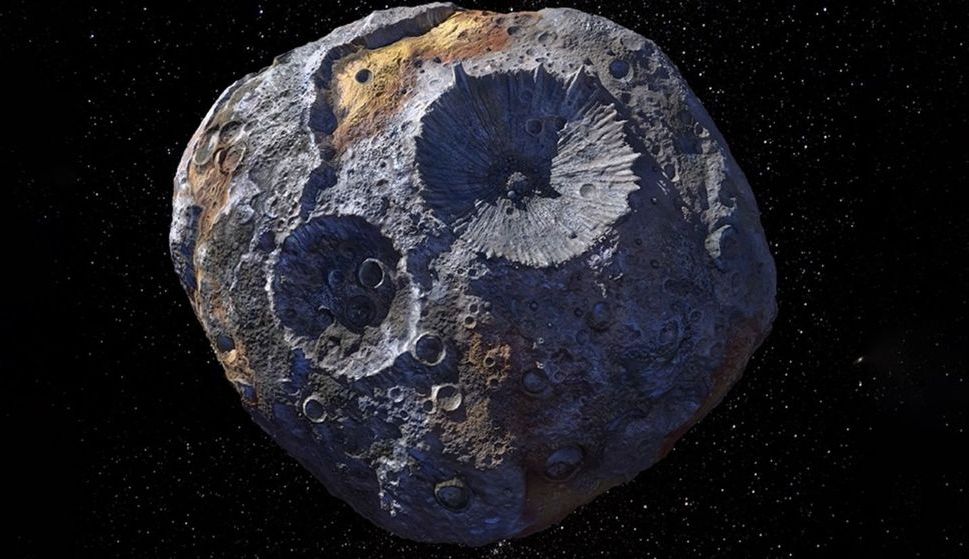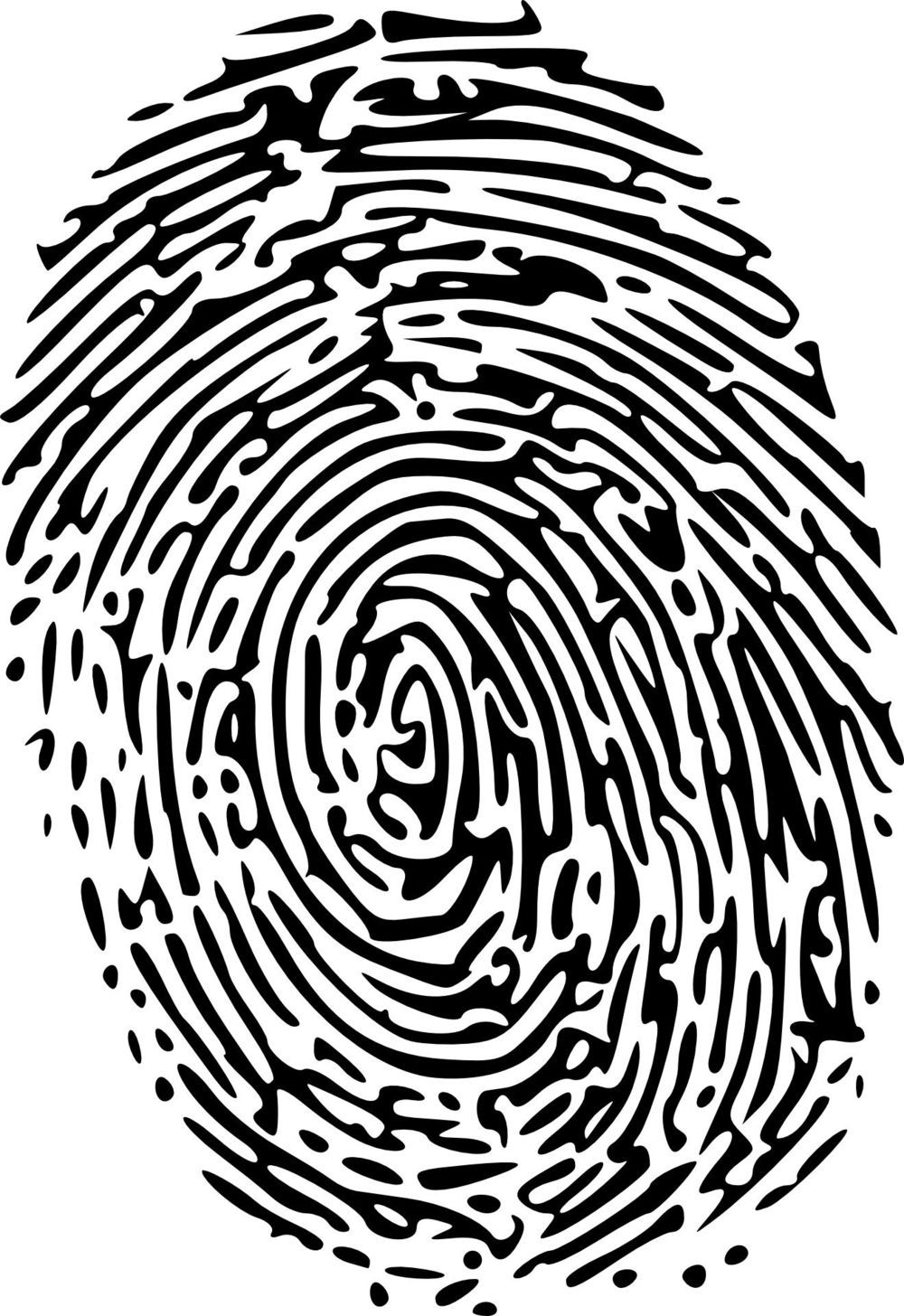The secrets of the solar system can drive economic return for all.
The launch of NASA’s fifth Mars rover marks a new milestone in the era of space exploration. It puts focus on the need for greater collaboration, equity and inclusion among international partners to ensure the sustainable, peaceful and fair use of resources. Guidelines for interacting and norms of behaviour are as essential to ensure success in space as on Earth.
The Artemis Accords: a framework for cooperation
The Artemis Accords, recently announced by NASA, is a framework to encourage international cooperation and ensure a safe, prosperous and sustainable future for all humankind in space. The Accords are bi-lateral agreements between the United States and other nations who wish to collaborate with NASA on the Artemis program, and they build on existing agreements with countries already involved in NASA-led programs such as the International Space Station.








